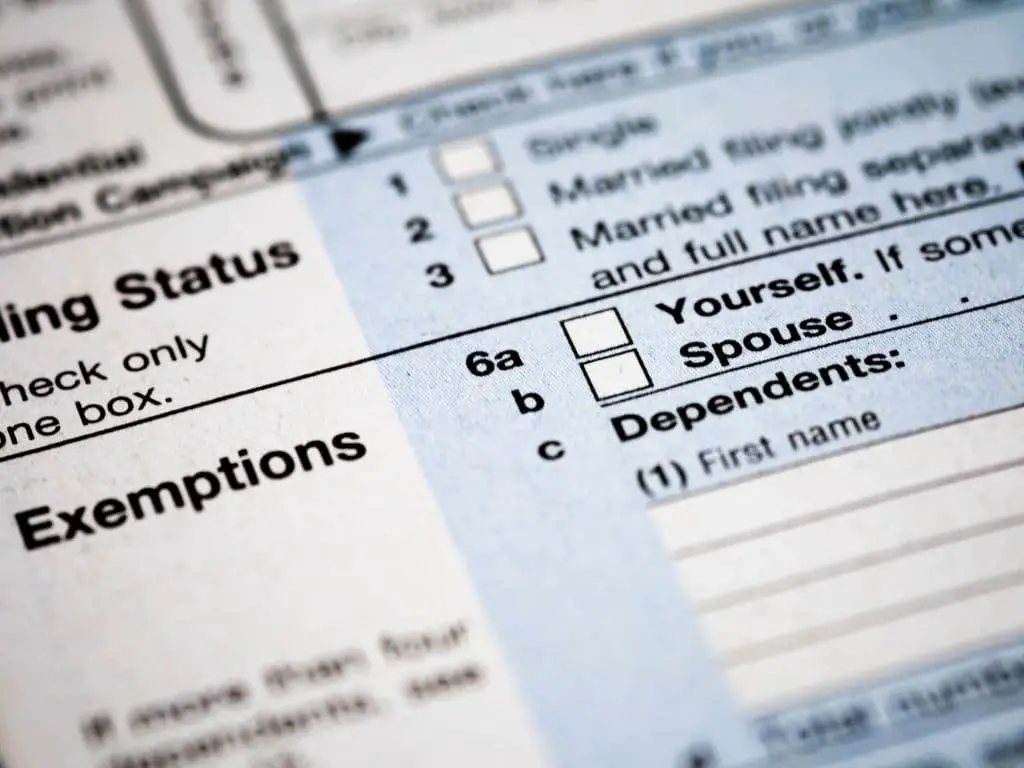Physical Address
304 North Cardinal St.
Dorchester Center, MA 02124
Physical Address
304 North Cardinal St.
Dorchester Center, MA 02124
Property taxes occur to every homeowner. Sometimes they can be expensive based on the value of your property and if any pre-existing liens are placed on it. New homeowners tend to ask, “What is a mortgage exemption?
A Mortgage exemption protects your property and lenders by protecting a portion of your house’s assessed value. This exemption will benefit the homeowner in the event of a spouse loss or a bankruptcy. A mortgage exemption is also called a homestead exemption.

We’ll show you how you can file for a mortgage exemption through this article. We’ll go in-depth on how you can save money when taking mortgage tax. By the end, you’ll have the intel needed to navigate through your first mortgage exemption.
What is a mortgage exemption? Mortgage exemption laws vary from state to state. For instance, some states might ask for a homestead exemption instead.
In other states, the eligibility for a mortgage exemption will depend on your age, income, veteran status, property value, and you’ll have to fill out an exemption application.
The local taxing authority will give you information on how your mortgage exemption works. But you’ll know that the mortgage exemption is determined on the home’s assessed value.
You can get a percentage exemption or a mortgage exemption when determining your final mortgage exemption amount. Here’s the difference between the two:
Even if you aren’t accepted for a mortgage exemption, there are ways you can save money on mortgage tax. For instance, if you are planning to refinance your home, you’ll be able to save money on the mortgage tax.
However, not all lending companies provide this feature, but it’s a good idea to investigate because it could save you money. Regardless, you’ll have to pay off the mortgage tax promptly.
If you are unable to do so, the states will charge you penalty fees and floating interest. Before applying for a mortgage exemption, filing a loan, or any other real estate transaction, make sure you have a good line of credit.
That way, the lender will give you lowered interest rates on your monthly payments.
When filing for mortgage exemptions, you must apply for one. Each state has their own unique process. You have to fill out the mortgage exemption application with a local tax office.
Most states have their application form on their websites. When viewing the site, they will ask for the exemption type you’re looking for. In addition, they might ask for more property information to ensure that you’re eligible for the exemption.
If you’re applying due to a disability or your age, you’ll have to give documentation such as:
The due date is usually in March-April when filing for a mortgage exemption. This is on the year where you plan on claiming the exemption. The exemption will continue to renew each year until your move. But always recheck with your state’s rule to clarify.
A mortgage tax documents a loan transaction. The debt is paid once you receive a mortgage, but the tax is imposed via the state. You might not have to pay mortgage tax, depending on where you live.
Here are eight states that require a mortgage tax:
If you live in any of the following, then you’ll have to pay this mortgage tax. Tax rates can differ from state to state. For instance, some states will charge you 12 cents for each $100 (how much you’ve borrowed from your lender).
Make sure you look at the tax laws in your state and see how much you’ll pay in mortgage tax before buying a home. On some occasions, the tax can vary by county, state, or city.
To calculate your property taxes, the lenders will calculate your yearly property tax and divide it by 12. Since these numbers are estimates, lenders may require you to pay more money monthly if the monthly payments aren’t paid.
If you pay for more property taxes as needed, you’ll get a refund. But if you underpay on the taxes, you must make additional payments.
When using a mortgage to pay for property taxes, the lender deposits the property tax into an impound account. Once the property taxes are due, the lender will pay for your taxes through the escrow account.
Having a house can lead to multiple tax benefits. However, if your state doesn’t have a mortgage exemption, there are multiple ways to reduce the tax bills:
You can deduct interest by up to $750,000. This includes the primary residence insurance, a line of credit used to build, buy, or improve the secondary home or a primary residence.
For self-employed users, you can deduct approximately $5 for every square foot of your office users for taxes. Thus, giving you a better reduction on your mortgage tax bill.
On average, around 30%-60% of U.S. taxable properties are overvalued. If you feel like your mortgage tax is too high, you can appeal to local authorities.
To conclude, a mortgage exemption is a tax exemption of your property. Speak to a tax professional before filing to ensure that you’re in the clear. That way, you’ll receive a mortgage exemption and reduced costs for owning your property.